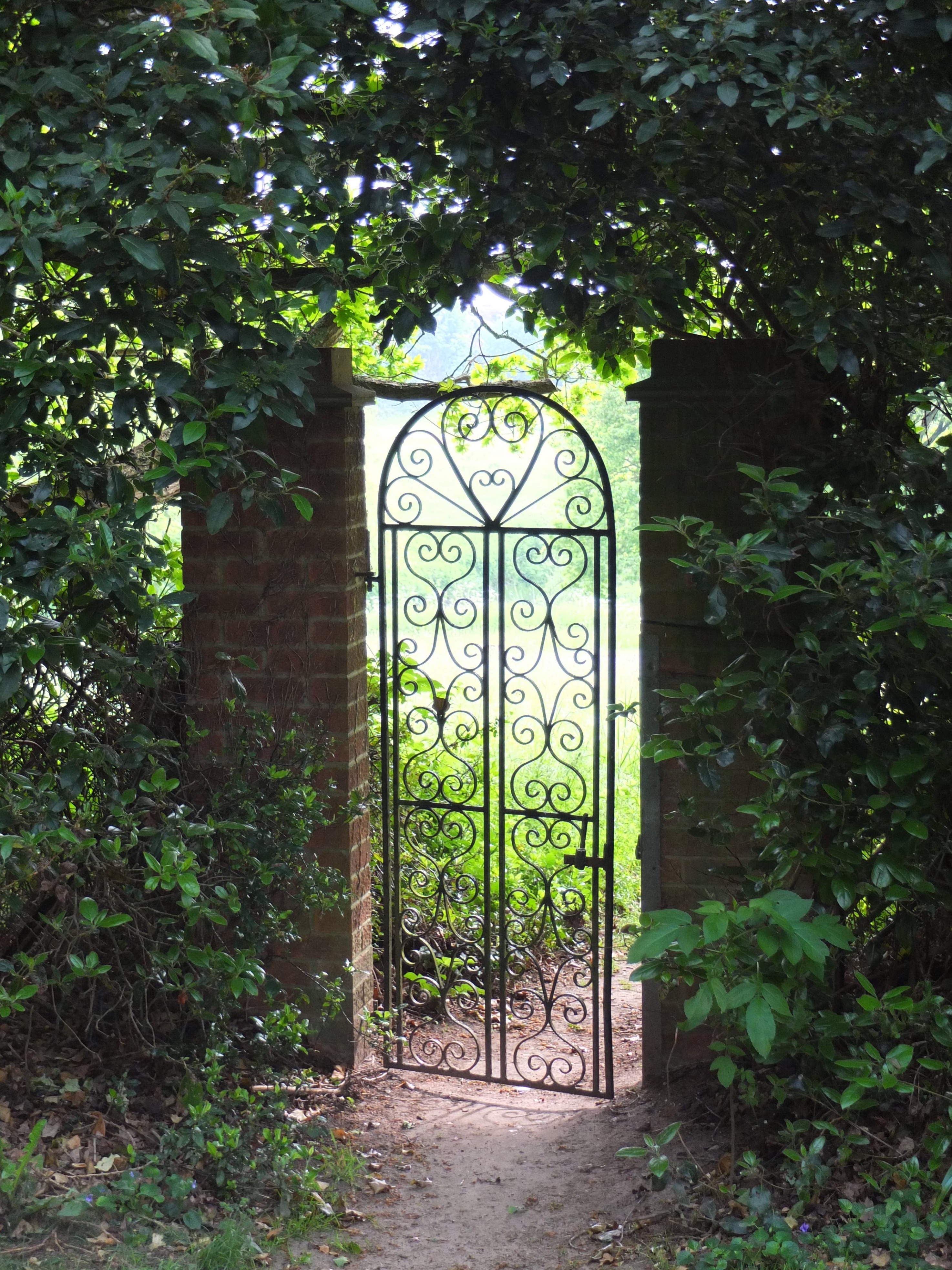 I watched a fascinating program the other night on the ever reliable BBC on the subject of Hubert Parry’s setting of some of the lines from William Blake’s poem – ‘Milton‘ – the which in this form is considerably better known as ‘Jerusalem‘. This great ‘hymn’ – particularly in the stirring arrangement by Edward Elgar – has the power to reach parts that other anthems cannot, to the extent that some demand that it should be adopted as the English national anthem in place of ‘God Save the Queen‘.
I watched a fascinating program the other night on the ever reliable BBC on the subject of Hubert Parry’s setting of some of the lines from William Blake’s poem – ‘Milton‘ – the which in this form is considerably better known as ‘Jerusalem‘. This great ‘hymn’ – particularly in the stirring arrangement by Edward Elgar – has the power to reach parts that other anthems cannot, to the extent that some demand that it should be adopted as the English national anthem in place of ‘God Save the Queen‘.
Sadly it takes but a few moments of searching on the pernicious InterWebNet to discover that the very rousing qualities with which the piece is imbued can have unfortunate side-effects. It is one thing being moved to feelings of patriotic enthusiasm, but the border between this sort of positive resonance and a considerably less acceptable jingoism is porous in the extreme. It is but a short step to the sort of exceptionalist national ‘pride’ that is indistinguishable from xenophobia – particularly in the light of the ongoing and deadly saga of Br**it!
Those who feel moved to leap to their feet upon hearing the familiar introduction and the opening gambit – “And did those feet…” – chests jutting and bursting with nationalistic fervour regarding the unconquerable nature of the British spirit might care to take a slightly closer look at the mast to which they have chosen to nail their colours.
Back in 2014 I posted two missives to these pages on the subject of that other great national favourite – Sir Cecil Spring Rice and Gustav Holst’s “I Vow to Thee my Country” (with the second part here). Those posts sounded a note of caution regarding the unthinking adoption of the piece as an anthem to patriotism. The hymn is certainly a lament for the fallen but can also be read as a warning of the perils of misguided idealism.
In a similar fashion ‘Jerusalem‘ demands closer study to if we are truly to understand both the work itself and the intentions and motivations of those who created it.
William Blake was a complex character but he was very clearly not a nationalist. He was in fact a revolutionary and – along with other radicals of his age – eagerly endorsed the French revolution. Living through both that other insurgency – the Industrial Revolution – and the Napoleonic wars, Blake was horrified that his ideal of a society of universal peace and love was being corrupted by the ‘dark Satanic mills’ of an industry churning out the weapons of war and that the poor and downtrodden were being used as fodder both for the military and economic machines. ‘Jerusalem‘ is thus clearly actually a revolutionary call to build a better society, rather than a peon of praise for the nation as it was/is.
Hubert Parry was himself a man of liberal views and a moderate outlook. Having set Blake’s words to the now famous theme in 1916 for ‘Fight for Right‘ (a movement that had been formed to reinforce the idea of British cultural values during the Great War) Parry rapidly became disillusioned by the jingoistic tone that that body adopted and withdrew the tune from them. He agreed instead that the rights should be given to the suffragette movement, who held them until women eventually won the right to the vote in 1928, upon which they were passed to the Womens’ Institute. The song was also regularly sung at labour movement rallies. It is only in more recent times that it has taken on its current chauvinistic overtones.
Now – there is no denying the power of the piece to move the soul. In the Elgar arrangement in particular the second verse is so very stirring that for many it is impossible not to be moved to tears and for the hairs to stand upon the back of one’s neck.
That one be moved in body and spirit, however, is no excuse for disengaging the mind! If we be stirred then let us indeed be moved – as Blake intended – to try to make the world a better place.


Recent Comments